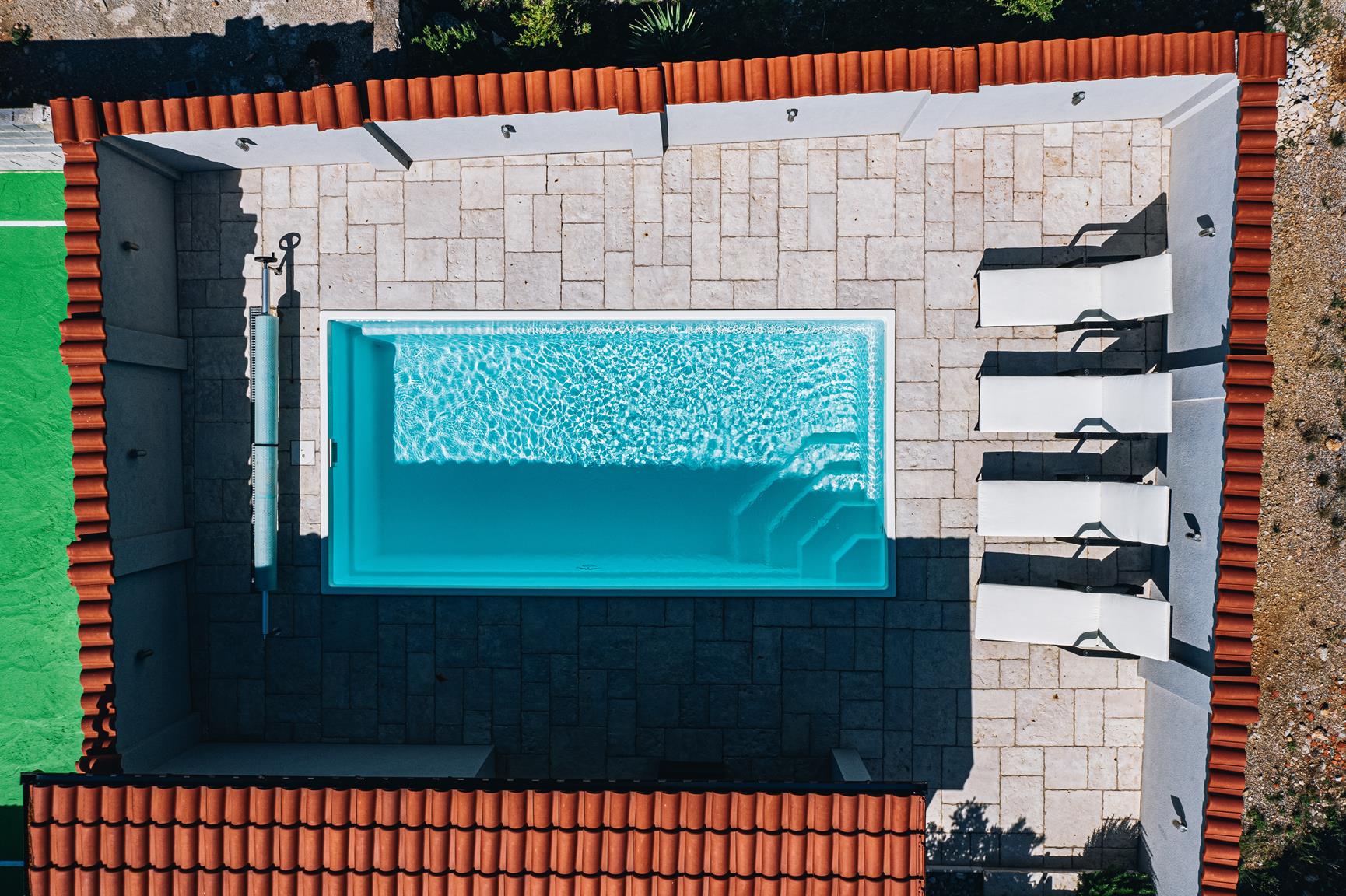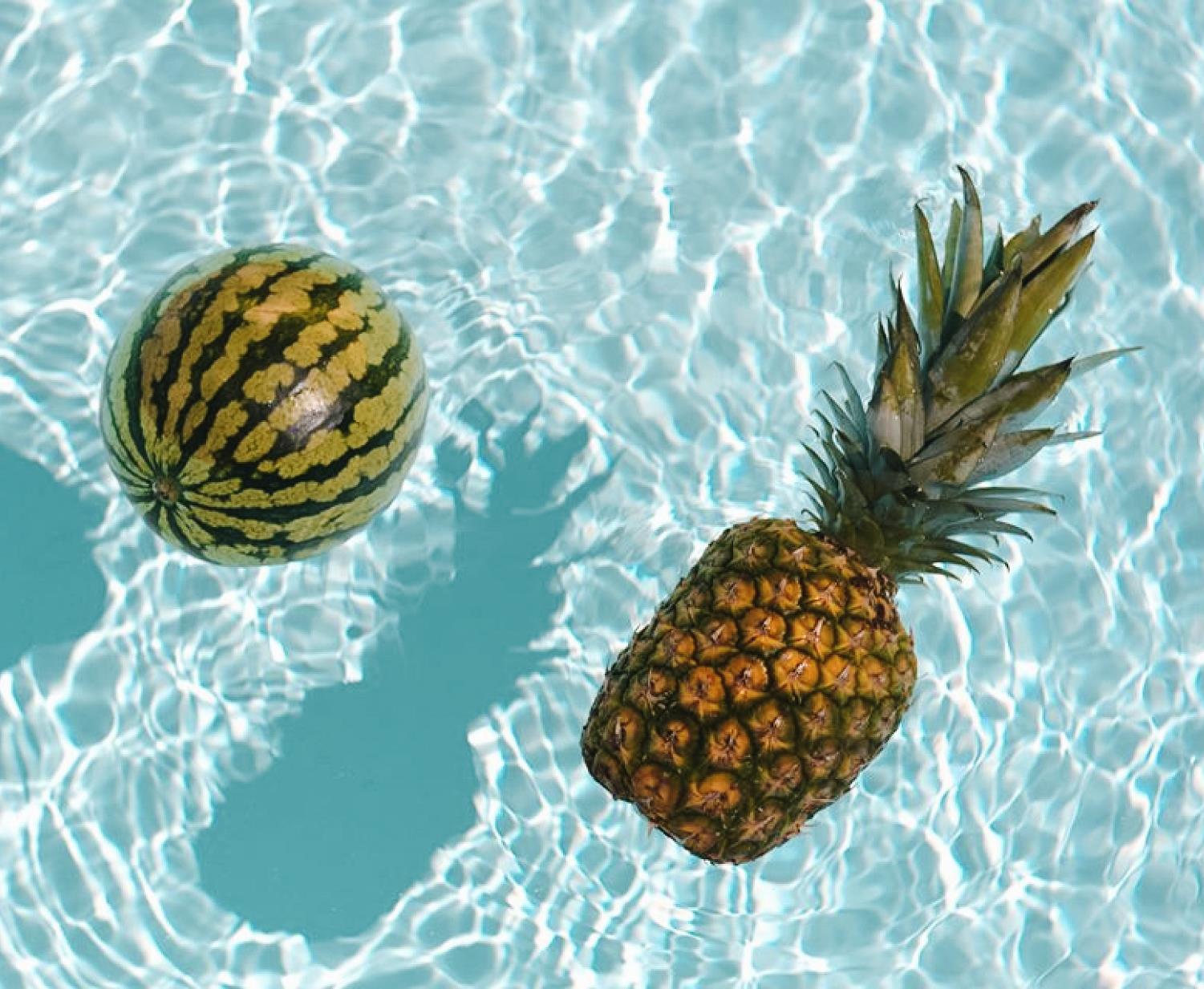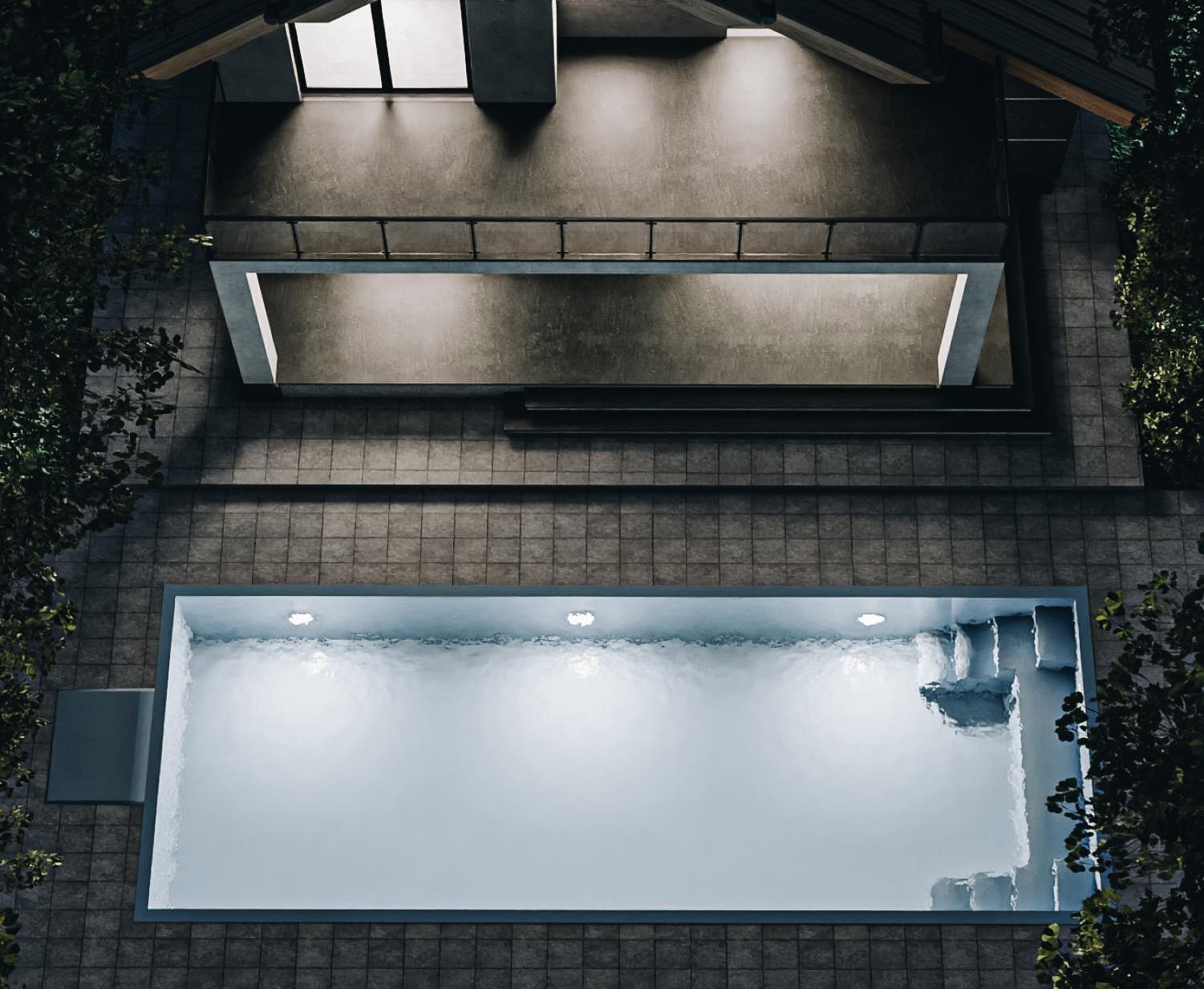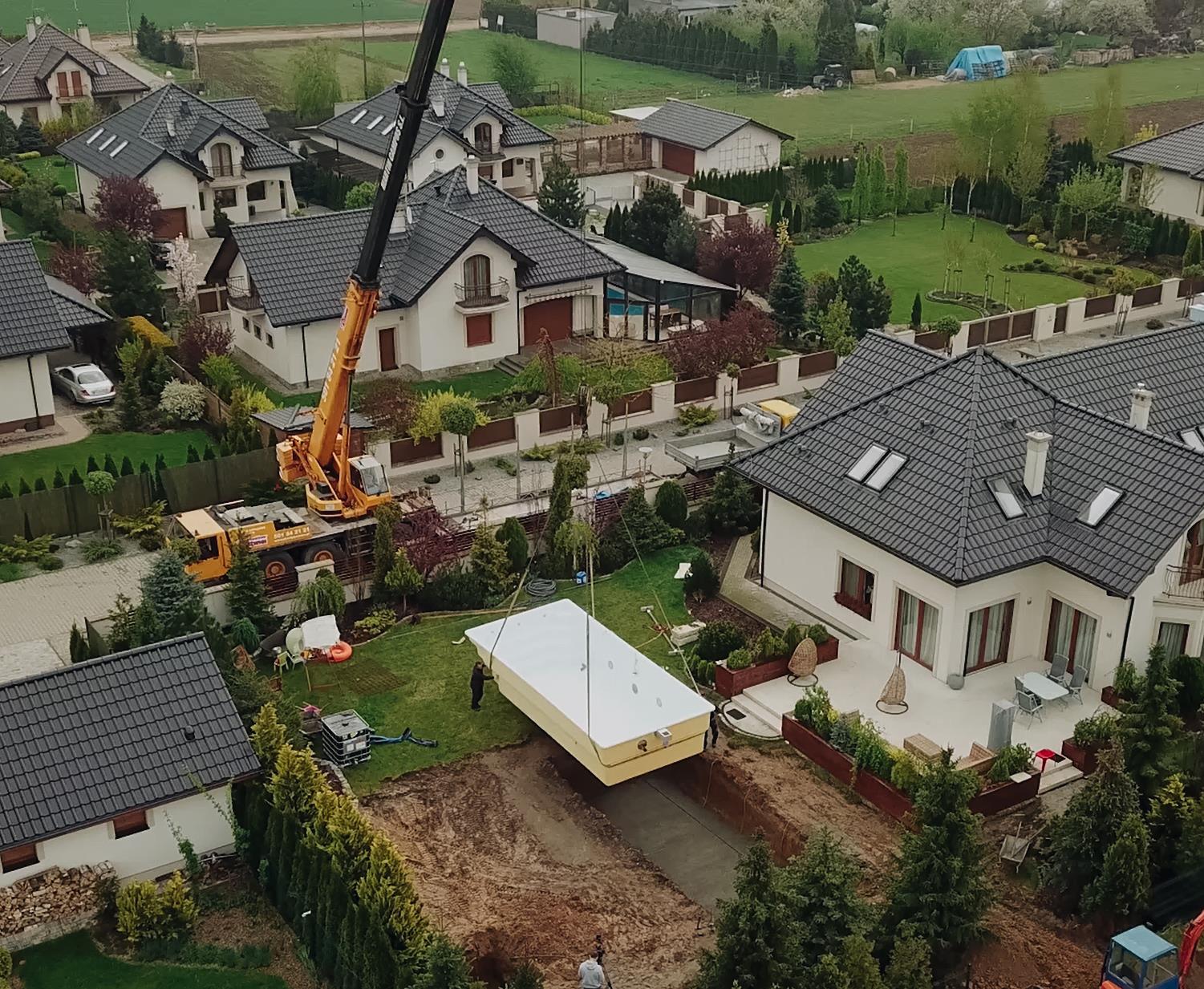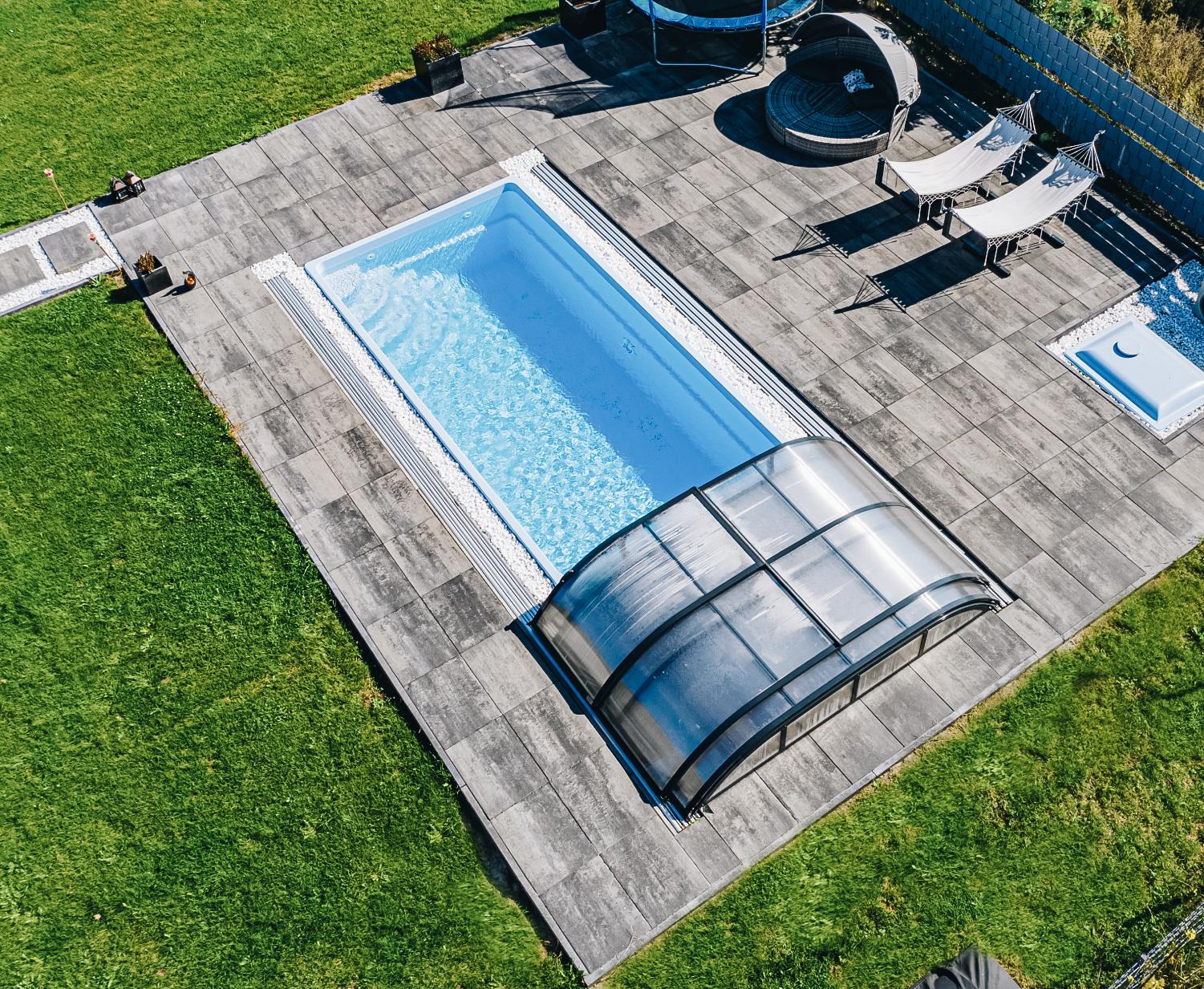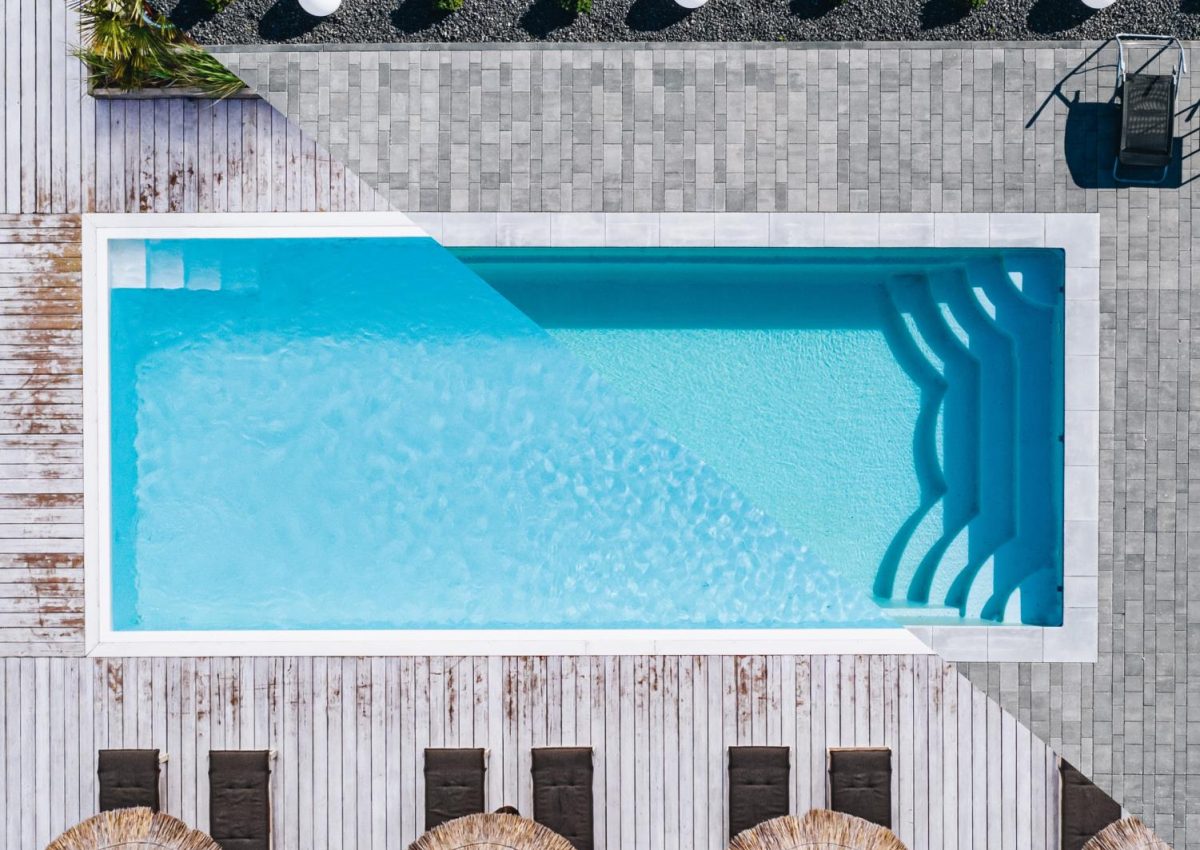
When evaluating our pool options, a common question arises: polypropylene vs. Fiberglass pool pools. Determining which type is better suited to your needs can be straightforward with the right guidance. Our advisors are available to help you quickly decide between a fiberglass or polypropylene pool.
Fiberglass and polypropylene pools differ significantly in terms of material, production technology, and design flexibility. This article will outline these differences, helping you make an informed choice for your garden pool. Discover which solution best meets your needs and preferences.
Fiberglas pools, also known as laminate pools, are constructed using up to 11 functional layers of fiberglass and vinylester resin. This multilayer construction results in a fiberglass laminate with a smooth, seamless surface that is both uniform and shiny.
Key features of fiberglass pools include:
Polypropylene pools are constructed from pre-fabricated polypropylene sheets, available in thicknesses of 8 mm and 15 mm. We source these materials from reputable manufacturers known for their superior mechanical and UV resistance. These pools can withstand temperatures ranging from -20°C to 72°C, making them highly adaptable to various environmental conditions. Polypropylene pools are designed to resist discoloration over time, even with prolonged exposure to sunlight and UV rays. This ensures they maintain their appearance and structural integrity for years.
Fiberglass swimming pools are crafted using a detailed multi-step process involving fiberglass and resin laminates. Here’s how they are made:The fiberglass composite is meticulously applied in layers to pre-formed molds. This process creates the structural integrity and osmosis protection necessary for a durable pool.Each fiberglass pool model is reinforced with a frame and steel profiles, enhancing its structural strength. An outer layer of polyurethane foam provides additional protection against mechanical damage and heat loss, ensuring the pool remains resilient and energy-efficient.
Polypropylene swimming pools are manufactured using a cutting-edge diffusion welding technique, which involves joining polypropylene plates. This advanced method allows for the creation of pools in virtually any shape and size.
Key aspects include:
Fiberglass pools are an excellent choice for creating a stunning garden retreat. Here’s why:
With their flexibility in design and efficient installation process, fiberglass pools continue to be a popular choice for private residences.
For projects requiring custom dimensions or specific features, polypropylene pools offer a versatile and practical solution. Here’s why they might be the perfect choice for your needs:
Polypropylene pools offer a high degree of customization and flexibility, making them an excellent choice for larger or more complex projects.
To summarize the key differences between fiberglass and polypropylene pools:

Are you considering buying a swimming pool? Or do you already have one in your garden? Our newsletter is your source for interesting facts, discounts, and practical pool tips!
